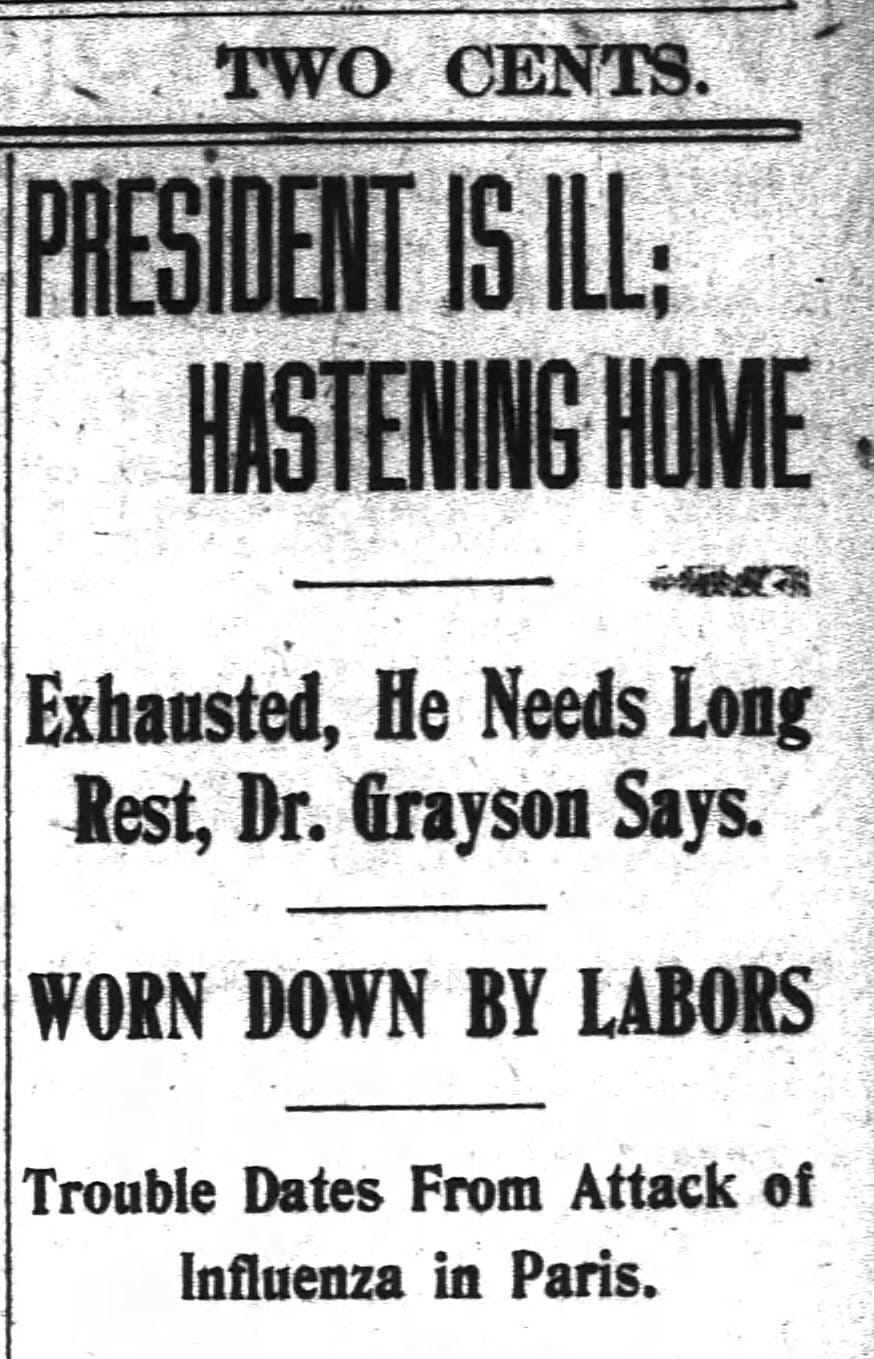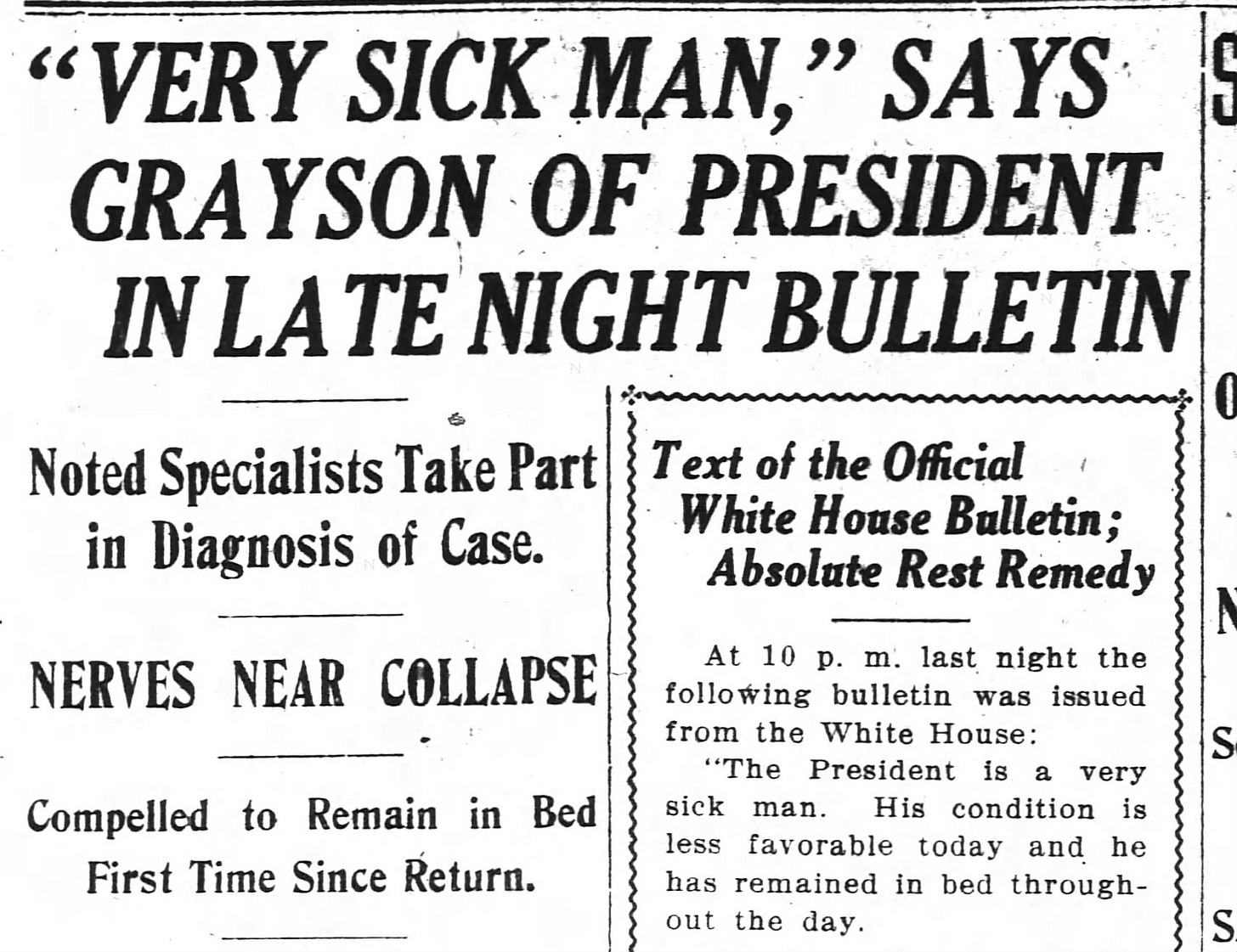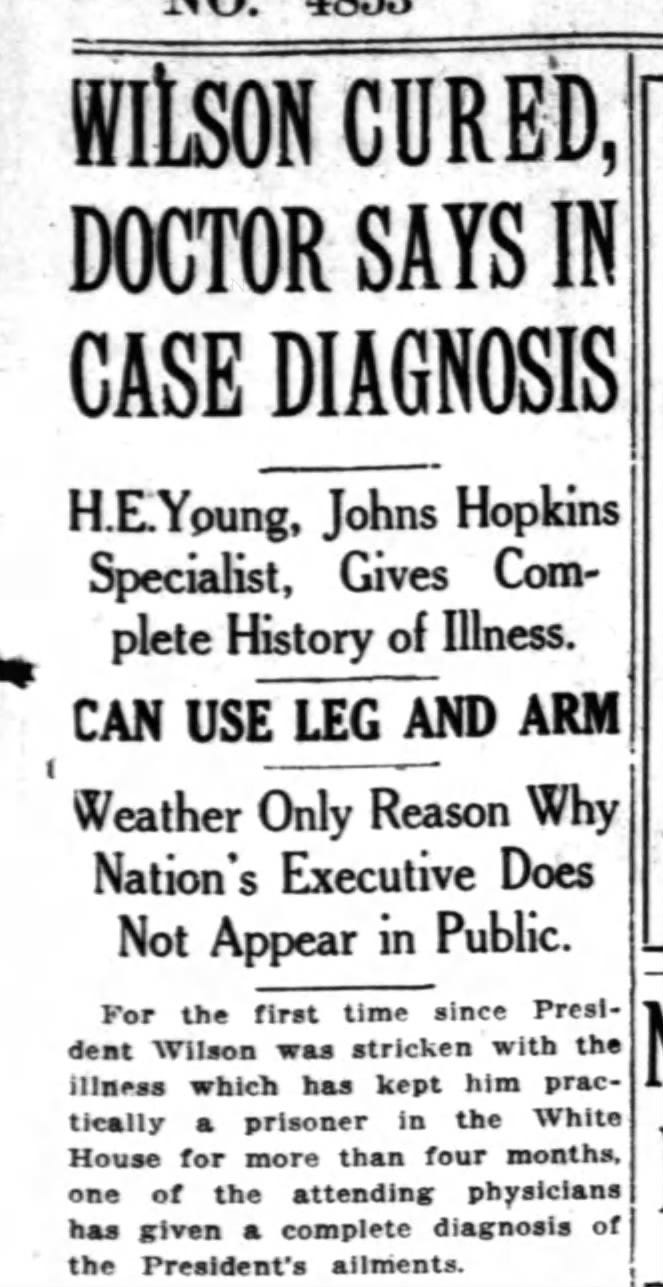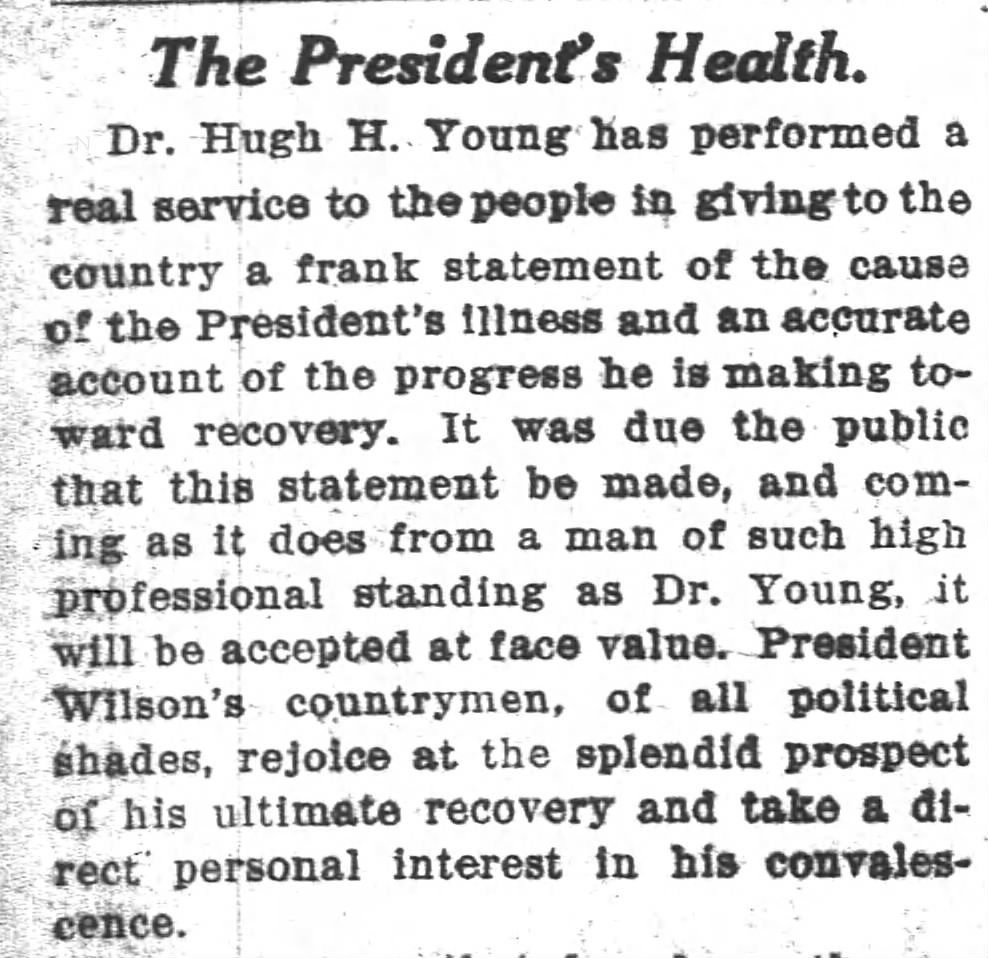Saturday, July 6. Good afternoon.
Welp, how to begin. Hope you had a nice Fourth!? I found it hard to celebrate our nation’s independence, given the increasing threats to same.
For the past few years, I have marked the 4th of July by re-reading "The Declaration of Independence." (I'm guessing I started doing this in July 2017, but that might be too neat a narrative.) Every year, a different line or passage seems to hit differently. This year it was:
"We hold these truths to be self-evident…"
I stopped reading it mid-sentence. What a joke. Today, it depends on what the meaning of the word “we” is. It depends on where you live in the country and whose side you’re on which truths you adhere to, not to mention who you consider to have been created equal. Media outlets are only too eager to promote separate narratives to accommodate each reality. When no truths are "self-evident" anymore, if they ever were, what is a country to do?
This week, that conundrum felt more urgent than ever.
“[President Biden’s] prime-time interview that aired on ABC News on Friday night was an exercise not just in damage control but in reality control.”
— Peter Baker in the New York Times, July 6, 2024
I know my audience, and I know most of you have read a very large subset of what I have read about the aftermath of President Biden’s disastrous debate performance, so there’s no reason to delineate the various takes here, on who or what is to blame and what is to be done next, or who should step in should Biden decide to step aside - or whether he should be compelled to step down from the office of the Presidency. Tempting as it is.
I also will not engage in whataboutism regarding Donald Trump’s ongoing terrifying and bizarre behavior and threats. I’m writing about Biden because of the danger Donald Trump poses to our democracy. With Joe Biden slipping further down in the polls, it’s legitimate to ask if he is still up to the task of defeating Donald Trump in November.
So let’s bring this back to what I have been writing about this whole time. Are there any lessons from how the press covered politics once upon a time to suggest to us how we got here, and how we might have avoided it - and avoid it in the future?
Because even if the full story isn’t quite clear yet (to quote Nancy Pelosi, "I think it's a legitimate question to say, is this an episode, or is this a condition?”) it’s very clear that the press has played, and will continue to play, a significant part in this story of a presidential candidacy that is in true crisis, whatever the underlying facts turn out to be, and however it ultimately plays out.
What did the press know about Biden’s increasing signs of frailty and when did they know it? Now that stories are beginning to leak, it is becoming evident that Biden’s poor showing at the debate was not the only arena where his age-related inability to communicate cogently has caused concerns. But evidently not everyone in the press knew, which was why Biden’s debate performance was such a surprise to so many. (One reporter cited the gasps in a group of journalists he was watching the debate with a few minutes into the debate.)
One very large group of people was not surprised, and that was me, all my friends and relatives, and the many people polled who said they have had concerns about Biden’s age going back to before he announced his campaign.
Is the White House doing a cover-up? Or is it the press? Or is it both? One way or another, the state of President Biden’s health is at the moment unclear, it threatens not only his candidacy but the future of democracy in this country, and no one who is in a position to know seems willing to clarify it definitively.
What Did the Press Know and When Did They Know It …in the First Gilded Age?
Firstly, it’s not possible to find a perfectly analogous situation because 19th-century newspaper reporters and editors had 24-hour access to politicians. I mean that literally. The night that Chicago’s Mayor Carter Harrison was murdered in 1893, one of his potential replacements, Alderman George B. Swift, was “visited at his home by an Inter Ocean reporter” at 11:30pm for comment, as reported in that paper. Indeed, Mayor Harrison was so easy to kill because he had no guards. A few years before, President James Garfield was shot by Charles Guiteau at a train station in Washington, D.C. Guiteau knew where the President was because the newspapers had printed his day’s schedule. They do today, as well, but now the President has Secret Service protection.
The Secret Service was founded in 1865, but in the 19th century, its job was essentially to protect the U.S. Treasury. In 1867 Secret Service responsibilities broadened to include "detecting persons perpetrating frauds against the government." Such persons could include “the Ku Klux Klan, nonconforming distillers, smugglers, [and] mail robbers.”
The Secret Service finally began protecting presidents full time after President William McKinley was shot during an unguarded visit to the Pan-American Exhibition in Buffalo, New York, in 1901 and died a few weeks later.
Anyway, the point is that, even at the highest level of government, officeholders saw no need for or even interest in keeping an arms-length distance from the public or even the press. And especially not about serious illnesses, which were a common fact of life, and not as easily either treated or hidden.
That, of course, changed. I found a fascinating website from the University of Arizona called “Secret Illnesses of the Presidents,” which included entries for Chester A. Arthur (Bright’s Disease), Grover Cleveland (mouth cancer), and of course Woodrow Wilson, Franklin D. Roosevelt, and John F. Kennedy.
The most consequential of these hidden illnesses was President Woodrow Wilson’s major stroke in 1919. He had in fact had had mini- strokes going back to 1896. And a search for the name of his personal physician, Dr. Cary T. Grayson in newspapers.com during Wilson’s tenure brings so many results that I can’t wade through them all.
In fact, Wilson’s health was in the news every day in September 1919, so even before his major stroke. By late September, Grayson had ordered a “rest cure” for Wilson after diagnosing “overwork.” On September 27, the Washington Post ran this front page headline:
A few days later, on October 2, Wilson suffered a stroke that paralyzed his left side and made him partially blind in his right eye. Also, according to accounts, his personality changed; normally a placid man he became subject to wild fits of emotion. A downward turn in his health did not go unnoted in the newspapers, although his condition was attributed to “nerves.”
In addition, one paper noted his advanced age:
“Concern over the condition of the President is felt mainly for the reason that he is more than sixty-two years old and underwent a tremendous strain in Paris and rather than take a rest plunged into his work with a vim on his return and then seriously aggravated his worn physicial system by taking the strenuous transcontinental trip.” - Washington Times-Herald October 2 1919.
Articles in the days to come assured the public that Wilson was improving. By this time, First Lady Edith Wilson, Secretary to the President Joseph Tumulty and Dr. Grayson had decided cover up the true state of his health. It’s said that even members of the cabinet were unaware of how incapacitated the President truly was.
As a PBS article “When a Secret President Ran the Country” notes, there were no clear guidelines in 1919 on what to do if a President became unable to fulfill his duties while in office. The only part of the Constitution that applied was Article II, Section 1, Clause 6, which only covered death, resignation, or “inability,” which was maddeningly vague and, in any case, up to the President himself to define. In 1967, the 25th Amendment was ratified, and we all now know what that provides for.
One of the consequences of this secrecy was that key allies couldn’t reach Wilson, and this was during key phases of the World War I peace treaty negotiations. (As I learned while researching this, the Treaty of Versailles, signed with Germany on June 28, 1919, was only the first of the treaties that were signed. The Paris Peace Conference outlined the treaties that needed to be signed with various countries. The last one, The Treaty of Sevres, was signed with the Ottoman Empire in August 1920.)
It wasn’t until February 1920 that the press received a statement from a doctor associated with Johns Hopkins in Baltimore, who revealed that President Wilson had been more incapacitated than previously revealed. But even then, what was revealed was only partly true.
2/11/1920 Washington Herald.
The Washington Post followed up by thanking Young for his candor.
This Washington Post article (2/12/1902) goes on:
“The mystery that has been thrown about the President’s illness was perhaps excusable, even though annoying and baffling to those who deeply sympathized with the patient and eagerly awaiting encouraging news from his bedside. Added to the family’s natural aversion to spreading broadcast the fact concerning the President’s condition was the public interest, which alled for measures to prevent, if possible, the cirulation of sensation and disquieting rumors. But the reticense that has been observed with respect to the case has itself bred false and grotesquely magnified reports until the public mind became greatly exercised.
“After four months of rumor and speculation, unallayed from official sources except by the briefest bulletins, the public was entitled to know the truth, and therefore will appreciate fully the authoritative statement from Dr. Young…”
Of course, Dr. Young was lying, and the public would not know the true state of his health for years to come. Whether the newspapers knew the true extent…well I don’t have time to go down that rabbit hole!
In a sense, you can understand why the press would have gone along with this fiction - the press, along with the country, had been on a war footing for years, and peace treaties had yet to be signed. If hostile countries got wind that Wilson was not capable of running the country, all the treaties could get scuttled.
And yet we are in no less dire a situation today. At least Wilson (or his proxy) had decided not to run again for office. President Biden is in the middle of a campaign to be re-elected, against an opponent who has promised to persecute his political opponents, and whose own allies proposed Project 2025 would dismantle any checks and balances that remain in this government. The primaries have passed, and there are scant weeks until the Democratic National Convention takes place in Chicago in August. There is no precedent for this.
As it turns out, the story I have written here about the pro tem mayoral race in Chicago has some relevance. In November of 1893, there was no precedent or even law to cover what happened if a mayor died in office in Chicago. When there is no precedent, and political party control is on the line, politicians and the press have no road map except what their instincts and moral compass tell them to do. Past is indeed prologue.
The steps that politicians and the press took to grab power in November 1893 were unprecedented because the times were. The unclear path forward gave them the daylight to justify using whatever means necessary to claw their way to power. It wasn’t pretty. That is playing out here and now, and will continue to in the days to come. Let’s hope it’s not weeks.
Thanks for reading,
Jen
INTERESTING TAKES
Ben Smith, Nayeema Raza had a fascinating convo with Max Tani about his coverage of White Houses during their Mixed Signals podcast, the title of which was Did The Media Cover Up Biden’s Condition? And 13.5 Other Conspiracy Theories”
SECRET PRESIDENTS AND PRESIDENTIAL SECRETS
When a Secret President Ran the Country - PBS
Presidential Secrets Changed U.S. History - also PBS
Woodrow Wilson - Strokes and Denial - University of Arizona








Jen,
This article could not be more timely or more informative. May your words carry to the mind and heart of the moral core of the President.